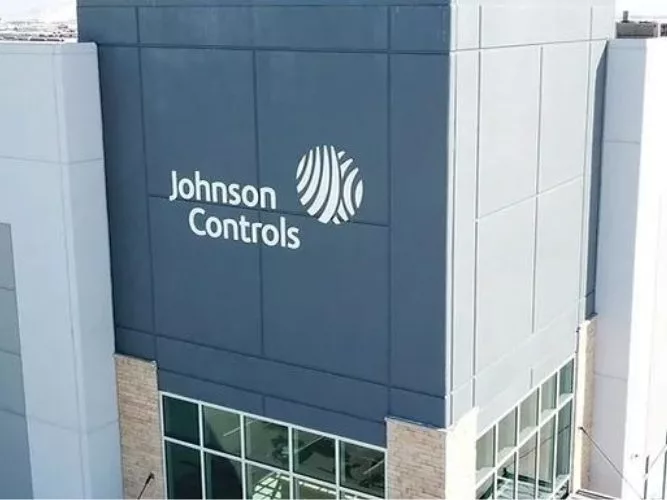Johnson Controls, a global leader for smart, healthy and sustainable buildings, has announced the completion of the U.S. Department of Energy (DOE) Cold Climate Heat Pump Technology Challenge laboratory testing phase. Johnson Controls exceeded the performance benchmarks at extremely cold temperatures and achieved heating seasonal performance efficiencies well above today's baseline products.
"The development of these next-generation systems plays a crucial role in efficiently electrifying our homes and reducing the carbon footprint of space heating," said David Budzinski, president, Residential and Light Commercial, Johnson Controls. "Within this testing phase, we were able to successfully overcome many of the technological barriers that have historically slowed the decarbonization of residential heating in cold climates, and we look forward to the next phase of the challenge."
The Cold Climate Heat Pump Technology Challenge was launched by the DOE to advance the performance of residential heat pumps so they offer reliable operation during winter in the northern United States. Achieving reliable heat pump performance during the coldest times of the year encourages heat pump adoption in more regions and is essential for maintaining a clean, resilient electricity grid. This makes it a critical step toward the decarbonization of residential heating and cooling across the country.
In laboratory testing the prototype operated at the coldest temperature the test cell could register. Field testing will take place at three sites this winter. The prototype heat pumps will remain active over the extent of the heating season to validate real-life performance.
The Cold Climate Heat Pump Technology Challenge is a part of Johnson Controls' larger commitment to propel the heat pump industry and drive sustainability. In partnership with the DOE Office of Manufacturing and Energy Supply Chains, Johnson Controls recently announced an initiative to accelerate the production of domestic heat pump manufacturing – including cold climate air source heat pumps – by expanding three of its U.S.-based factories. Combined, these facilities will be able to produce approximately 200,000 electric heat pumps per year. This substantial volume will help drive energy affordability and energy security, while helping combat climate change and creating new jobs.




